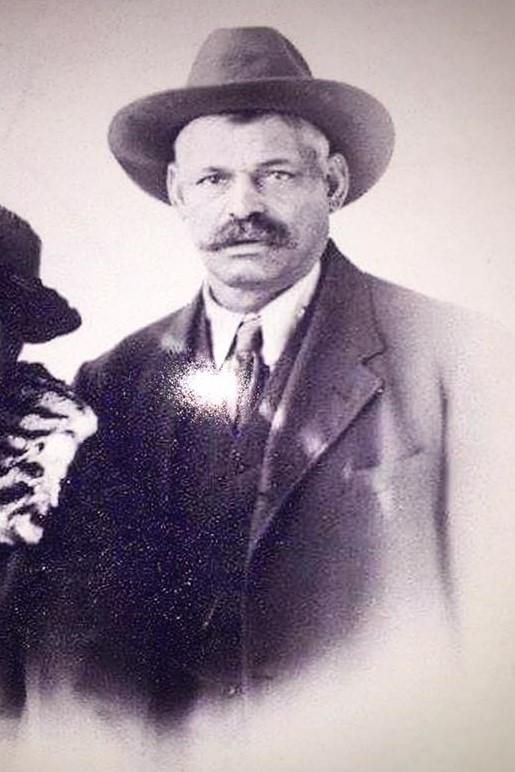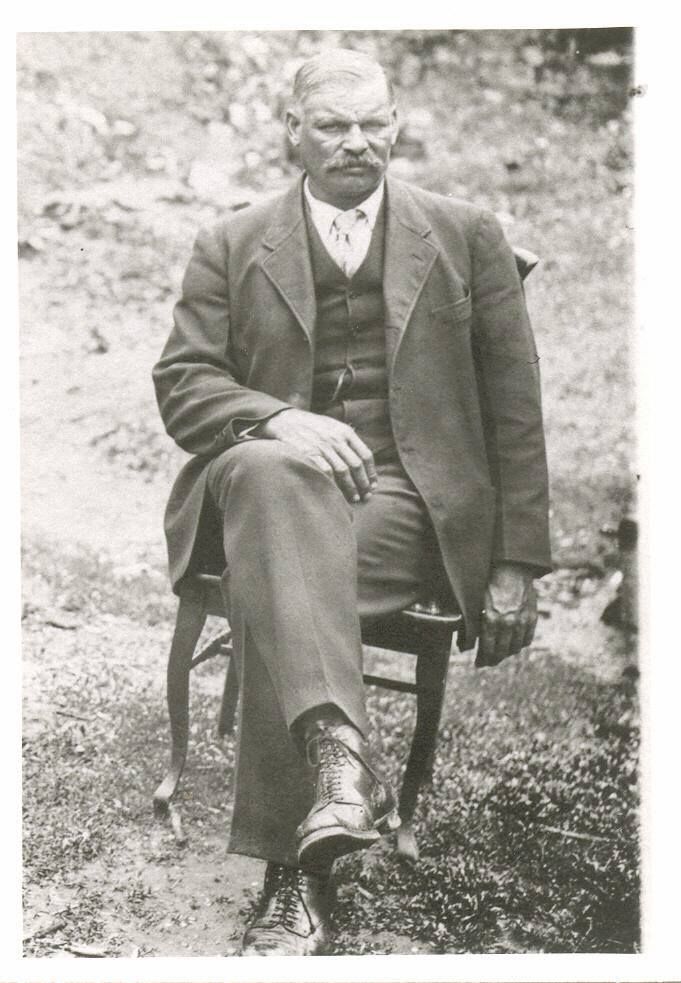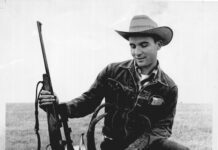Take yourself back to the last decade of the 19th century, in what would become the state of Oklahoma – which was then divided roughly in half into Oklahoma Territory and Indian Territory. The area was still reeling from the consequences of the Civil War and the forced placement of Native tribes.
Outlaws and desperados took advantage of this reality to cause problems, but there were good guys too. Rufus Cannon was one of them.
Cannon was a Deputy U.S. Marshal during this period who was, according to the Encyclopedia of Oklahoma History and Culture, one of the most important African American lawmen in Oklahoma Territory. Born in Arkansas in 1847, Cannon also had Cherokee heritage. Much of Cannon’s activity as a Deputy U.S. Marshal took place during rough-and-tumble times in this part of the country, and his calling was a dangerous one.
“Since the U.S. Marshals’ inception in 1789, over half of the marshals, deputies and posse [members] that have lost their life in the line of duty have lost it in Oklahoma,” says Mike Sheriff, historian and Living History educator with the Oklahoma Historical Society. Sheriff is recognized as an authority on the topic of U.S. Marshals in Oklahoma and Indian Territories.
Marshals enforced law and order in the territories, and their deputies were charged with finding the outlaws hiding out there. But the laws were complicated when it came to who could make arrests in which territory. Deputies held commissions out of the federal courts in either Guthrie (for Oklahoma Territory) or Fort Smith, Ark. (for Indian Territory). But Cannon was commissioned out of both, which made him unique and effective.

“Less than 5% of U.S. Marshals carried commissions out of both [Guthrie and Fort Smith], that was very rare, that way he could go across that line,” says Sheriff.
Deputy Cannon made arrests throughout the territory, but his most famous tales involved two outlaws with recognizable names – Jesse Jackson and William “Bill” Doolin.
During a gun battle with the Henry Starr gang, Cannon shot and captured Jesse Jackson, an infamous train robber. And, while riding with noted Deputy U.S. Marshal Heck Thomas, Cannon was instrumental in ending the career of Doolin, a member of the Dalton gang.
Sheriff describes the scene: “Doolin comes walking down [the street] with a Winchester across his arm, leading a wagon.” He was taking his wife and child and purportedly trying to leave the territory to start a new life, Sheriff says. But Doolin’s crimes caught up with him, and a member of Cannon’s posse killed him. To this day, no one knows exactly who fired the shot. One newspaper gave credit to Cannon, but this was later retracted and Thomas was credited.
Though it was a treacherous time in a wild place and he was doing dangerous work, Cannon went on to live to the venerable age of 103. He died in 1950 in Kansas City, going to show that the good guys do, sometimes, win.

























